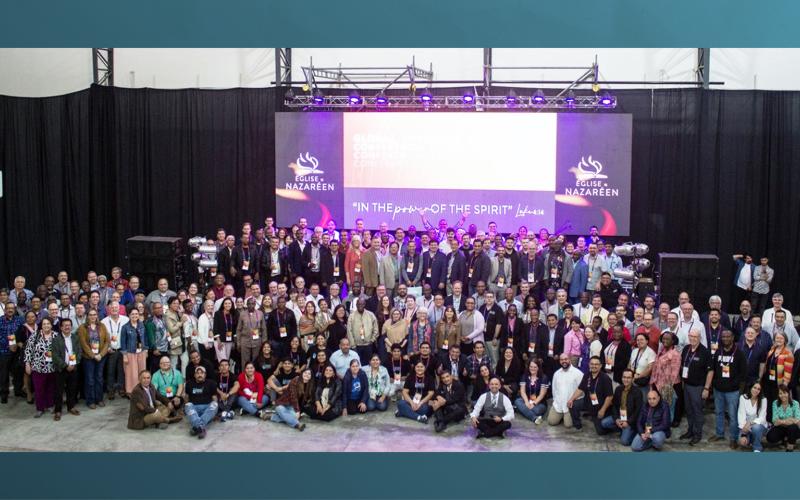
Is mission first local and then global, or all at once?

Just prior to His ascension, Jesus talked about the Holy Spirit coming upon His followers. Then, He said to them, “You will be my witnesses in Jerusalem, and in all Judea and Samaria, and to the ends of the earth” (Acts 1:8). For most of us, these words seem parallel to those of the Great Commission of Matthew 28. Others, however, contend that Acts 1:8 is a step-by-step road map.
Thus, they say, Jesus meant for us to concentrate first on our hometown (our “Jerusalem,” they say). When evangelization there is complete, then we can go to our Judea and when we’re finished there, we can go to our Samaria. At some point in the future, we can go to the ends of the earth.
The problem with that interpretation is that it doesn’t square with what the early Church did. The first Christians did not proceed to evangelize in a linear or concentric circle fashion in which outreach in one area had to be completed before moving on to the next circle.
Persecution caused early believers to simultaneously scatter into Judea and Samaria. So, Philip was preaching in Samaria (Acts 8) before all of Judea was evangelized. The early Church did not seem to struggle over whether to cross geographic boundaries. By the time of Paul’s conversion, there were churches in the Gentile cities like Damascus and Antioch of Syria. Indeed, the Antioch church is the congregation which commissioned Paul and Barnabas as missionaries.
The one question that the early believers really grappled with had to do with a cultural boundary, that is, whether Gentiles who embraced Jesus needed to become Jewish. The Jerusalem Council described in Acts 15 decisively settled that issue, and there’s no evidence that people waited to make sure evangelism of any one area was complete before they went to other places. There are stories about Thomas planting churches in India and Andrew evangelizing in Greece. Early church history sources refer to Bartholomew having gone to Armenia and James “the younger” to Egypt. Jude (Thaddeus) may have gone to Persia and Matthew to Ethiopia.
Clearly, first century Christians thought Christ envisioned evangelism going on everywhere at the same time. Apparently, they saw the list of places in Acts 1:8 not as a map to be meticulously followed, but simply as another way of saying “make disciples of all nations” (Matthew 28:19-20) and “preach the good news to all creation” (Mark 16:15).
In the 16th and 17th centuries, Protestant reformers taught a linear progression (“make sure your home town is evangelized first and foremost”). They were wrong. It took people like William Carey to get the Church back to evangelizing everywhere simultaneously -- “from and to all six continents,” as the Lausanne Covenant expressed it.
Could it be that the idea that world evangelism should be linear (“I have to first take care of my ‘Jerusalem’”) is mainly a way of postponing responsibility for evangelizing the rest of the world?
-- Howard Culbertson is professor of missions and world evangelism at Southern Nazarene University, in Bethany, Oklahoma, U.S. Culbertson, who formerly served as a missionary in Italy and Haiti, has published numerous articles, books, and chapters in books on missions. To access his many resources on mission, visit http://home.snu.edu/~hculbert/.



